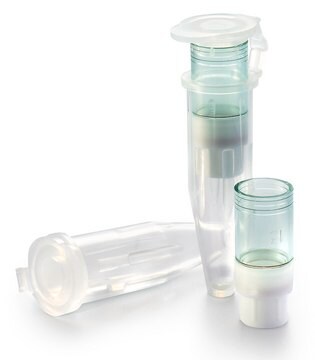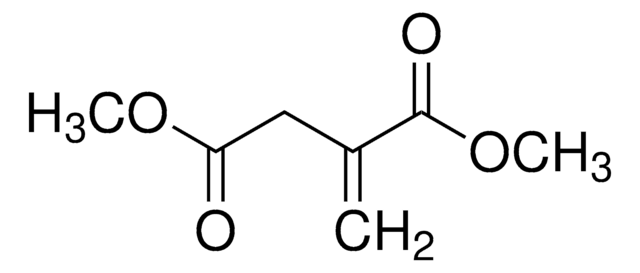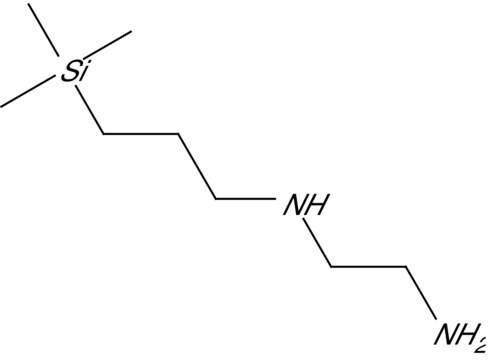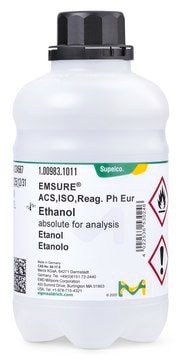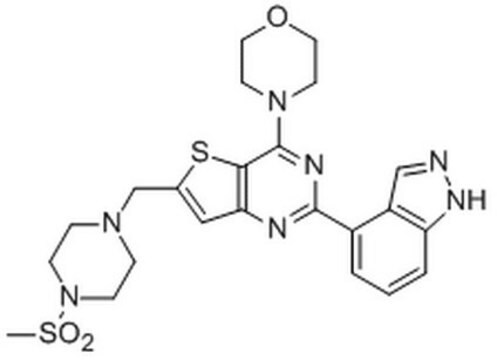54217-U
Supelclean™ ENVI-Carb™ II/PSA SPE Tube
bed A 500 mg (Supelclean™ ENVI-Carb-II SPE), bed B 500 mg (Supelclean™ PSA SPE), volume 20 mL, pk of 20
About This Item
Polecane produkty
Materiały
PE frit (20 μm porosity)
polypropylene hardware
Poziom jakości
skład
bed A, 500 mg (Supelclean™
ENVI-Carb-II SPE)
bed B, 500 mg (Supelclean™
PSA SPE)
opakowanie
pk of 20
metody
solid phase extraction (SPE): suitable
pojemność
20 mL
grupa aktywna macierzy
PSA phase
carbon phase
Zastosowanie
food and beverages
metoda separacji
ion exchange
reversed phase
Szukasz podobnych produktów? Odwiedź Przewodnik dotyczący porównywania produktów
Powiązane kategorie
Opis ogólny
Sample Matrix Compatibility: Organic or aqueous solutions
- Dual layer SPE tube that contains both Supelclean ENVI-Carb (upper layer) & PSA (lower layer) SPE sorbents (separated by PE frit)
- Developed to offer superior clean up when conducting multi-residue pesticide analysis from food (e.g. agricultural products, meats, etc.).
- ENVI-carb has a strong affinity towards planar molecules, and can isolate/remove pigments (e.g., chlorophyll and carotinoids) and sterols commonly present in foods and natural products
- Supelclean PSA is a polymerically bonded, ethylenediamine-N-propyl phase that contains both primary and secondary amines
- Supelclean PSA has a strong affinity and high capacity for fatty acids, organic acids, and some polar pigments and sugars
- Tested for superior cleanliness using GC-FID and GC-MS
Informacje prawne
Hasło ostrzegawcze
Danger
Zwroty wskazujące rodzaj zagrożenia
Zwroty wskazujące środki ostrożności
Klasyfikacja zagrożeń
Eye Dam. 1 - Skin Sens. 1 - STOT RE 2 Inhalation
Organy docelowe
respiratory tract irritation
Kod klasy składowania
11 - Combustible Solids
Klasa zagrożenia wodnego (WGK)
WGK 1
Temperatura zapłonu (°F)
Not applicable
Temperatura zapłonu (°C)
Not applicable
Wybierz jedną z najnowszych wersji:
Masz już ten produkt?
Dokumenty związane z niedawno zakupionymi produktami zostały zamieszczone w Bibliotece dokumentów.
Produkty
SPE retention mechanism in this case is based on the electrostatic attraction of charged functional groups of the analyte(s) to oppositely charged functional groups on the sorbent.
Interakcja w odwróconej fazie zatrzyma większość cząsteczek o charakterze hydrofobowym; jest bardzo przydatna do ekstrakcji analitów o bardzo zróżnicowanej strukturze w tej samej próbce.
Reversed-phase interaction will retain most molecules with hydrophobic character; it is very useful for extracting analytes that are very diverse in structure within the same sample.
Protokoły
Retention occurs through polar interaction between the sorbent and analytes. Typical sample matrices that can be employed in normal-phase SPE include hydrocarbon or fatty oils diluted in a solvent like hexane, isooctane, chlorinated solvent, THF, diethyl ether, or ethyl acetate.
Nasz zespół naukowców ma doświadczenie we wszystkich obszarach badań, w tym w naukach przyrodniczych, materiałoznawstwie, syntezie chemicznej, chromatografii, analityce i wielu innych dziedzinach.
Skontaktuj się z zespołem ds. pomocy technicznej

